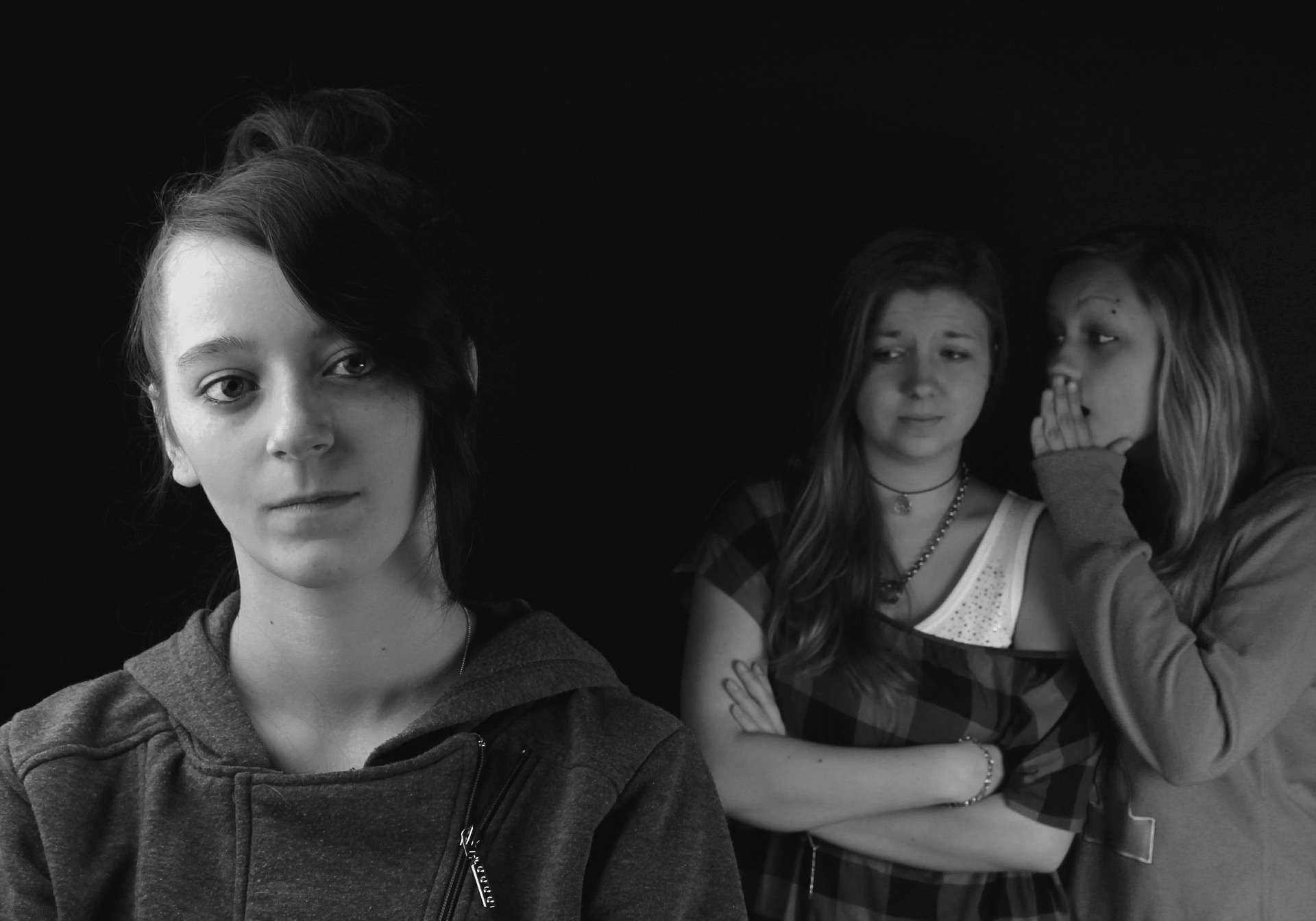How could I forget Sarah Josepha Hale, the actual founder of Thanksgiving!!
Columnist Alex Seitz-Wald, (National Journal) recently wrote about, “The Woman Who Convinced Abraham Lincoln To Create Thanksgiving.” Quite a feat considering Lincoln was probably tied up with a Civil War on his hands and grumpy citizens both North and South. Seitz-Wald begins with…”Every schoolchild who’s drawn a hand turkey knows that the Pilgrims held the first Thanksgiving In Plymouth, Mass., in 1621.” But OUR Thanksgiving holiday didn’t begin for another 240 years! And would you believe that Sarah Josepha campaigned tirelessly for over 17 years, lobbied five presidents and dozens of governors before Thanksgiving actually became a national holiday on the last Thursday in November.
At a time when women were not given much education and were expected to “stay quiet,” Sarah Josepha was definitely a shining star. She was well-educated and enjoyed a remarkable career as an editor, novelist, activist, and abolitionist. She is remembered as the longest serving editor of the most popular women’s magazine, “Godey’s Lady’s Book,” serving for over 41 years!
Sarah Josepha married David Hale in 1813, at “The Rising Sun,” a tavern her father had opened in Newport. Sarah Josepha and David Hale had five children. David Hale died in 1822, and Sarah Josepha wore black for the rest of her life in perpetual morning. She was left with very little money, but most fortunately managed to get a book of poems published. That success led to her first novel, “Northwood: Life North and South,” published the same year as “Uncle Tom’s Cabin.” Sarah Josepha is also known for her collection of “Poems For Our Children,” which includes “Mary Had A Little Lamb,” published in 1830. She continued to write, publishing nearly 50 volumes in her lifetime.
She remained at Godey’s and became one one of the most influential arbiters of American taste. With no significant competitors, Godey’s had unimaginable influence not only with fashions for women’s clothes, but published house plans that were copied by home builders nationwide. As a successful editor, Sarah Josepha wrote for women in matters of fashion, cooking, literature, and morality. She did, however, reinforce stereotypical gender roles, emphasizing domestic roles for women, while casually trying to expand on it. Although she did not support women’s suffrage, she also believed in the “secret, silent influence of women,” to sway men voters. As an advocate of women’s higher education and she helped found Vassar College. She is credited with making the founding of all-women’s colleges acceptable to the public.
Sarah Josepha Hale is the individual most responsible for making Thanksgiving Day a national holiday. She advocated for the preservation of George Washington’s Mount Vernon plantation, as a symbol of patriotism everyone could support. She raised more than $30,000 for the completion of the Bunker Hill Monument in Boston. The prestigious Sarah Josepha Hale literary prize is named after her. She is honored by an historical doll created for the New Hampshire Historical Society and was honored by having a high school named after her by the New York City Board of Education.
Sarah Josepha Hale’s most significant achievement was a national day of thanks. With a stroke of his pen, Lincoln began our tradition of Thanksgiving, designating the last Thursday in November “…to be observed by all my fellow citizens, wherever they may be, as a day of Thanksgiving.” The holiday has been observed without interruption, though it took until 1941 for Congress to codify Thanksgiving into law.
In her novel, “Northwood,” Sarah Josepha Hale laid out what a typical Thanksgiving feast would look like: Roasted turkey, other meats, gravy, stuffing, vegetables including squash, green beans and salads, especially cole slaw. The celebrated pumpkin pie would forever be an indispensable part of a good and true Thanksgiving.
Despite her accomplishments Sarah Josepha Hale has been largely forgotten by history. She was a feminist, basically because her life work was to get women educated, although her magazine reinforced traditional, middle-class ideals of domestic femininity. Women were to be educated, but for their own edification and as a means to improve their ability to be effective mothers. Although she thought women to be the superior sex, she opposed suffrage, believing women had a duty to hold society together from their homes. (It is more than a bit ironic that Sarah Josepha herself seemed to live by none of these values, leaving her children behind in New Hampshire to move to Boston and pursue a career in magazine editing). “She was extremely well-known. Her editorials held huge sway,” says Mary Lou McGuire,** the archivist at the Richard’s Free Library in Newport, N.H. Over her long career, Sarah Josepha found it maddening that women did not have the same education as men. She used her “perch” to advocate for women’s education and insisted that Vassar College, drop “female” from its name..
Sarah Josepha Hale retired from her editorial duties in 1877, at the age of 89. That same year, Thomas Edison spoke the opening lines of “Mary Had A Little Lamb,” as the first speech ever recorded on his newly invented phonograph.
Even though Sarah Jessica Hale “got left by the wayside,” as McGuire** reminds us, she continues to exert silent influence in every American’s home the last Thursday in November.
For more information about Sarah Josepha Hale, please read:
“Thank You, Sarah: The Woman Who Saved Thanksgiving,” by Laurie Halse Anderson
“Sarah Josepha Hale: The Life and Times of a Nineteenth Century Woman,” by Norma R. Fryatt
“More Than Petticoats: Remarkable New Hampshire Women” by Gail Underwood Parker
*Alex Seitz-Wald (National Journal 11/28/13
**Mary Lou McGuire (Richards Free Library)












